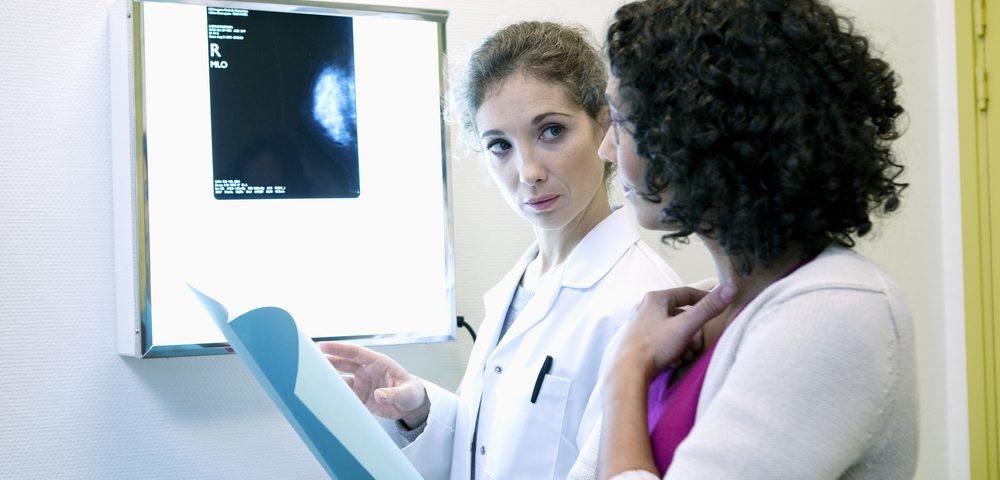While occurring at low rates, breast cancer cases diagnosed after a negative mammography screening are linked to poorer prognosis compared to those diagnosed after a positive mammogram, an observational study suggests.
These findings highlight the need to improve early detection for these women.
The study, “Breast Cancer With a Poor Prognosis Diagnosed After Screening Mammography With Negative Results,” was published in the journal JAMA Oncology.
Interval breast cancers are those diagnosed between screening mammographies. In these patients, the last screening mammography came out negative. These cases represent approximate 15 percent of all breast cancers.
Interval breast cancers include cancers that were missed on examination, as well as rapidly growing cancers, which tend to have poorer prognosis. Thus, identifying women at risk of breast cancer with a poor prognosis despite regular screening mammography could improve screening approaches for such patients.
For this study, researchers evaluated women who developed breast cancer after a negative screening in an attempt to determine risk factors for the development of such cancers. They examined data from 306,028 women, 40 years or older, who underwent mammography screening between 2011 and 2014.
The data was obtained from the Population-Based Research Optimizing Screening Through Personalized Regimens (PROSPR) consortium, which includes data from four centers – the Dartmouth Hitchcock Medical Center, the Brigham and Women’s Hospital, the University of Pennsylvania Health System, and Vermont Breast Cancer Surveillance System.
Interestingly, the team found that women diagnosed after a negative screening mammography were more likely to be associated with a poor prognosis compared to those diagnosed during a screening — 43.8% versus 26.9%.
“Although the rate of breast cancer after negative mammography results is small, the likelihood that such cases will be associated with a poor prognosis highlights the need to improve early detection for these women,” researchers wrote.
Researchers found the women with dense breasts were two times more likely of having a breast cancer diagnosis after a negative screening. Also, for those diagnosed after a negative mammography, younger women (40-49 years) were 3.5 times more likely to have poor prognosis compared to those 70-89 years old.
For women diagnosed during a screening, however, breast density was not associated with cancer diagnosis, but age and family history were. Younger women (40-49 years) were 78% less likely to have breast cancer, while the changes rose by 29% for those with a family history of the disease.
“Breast density has received much attention as the primary factor identifying a need for supplemental screening, but considering both breast density and age may be more effective in identifying women who are at risk for breast cancer with a poor prognosis,” the study concluded.

